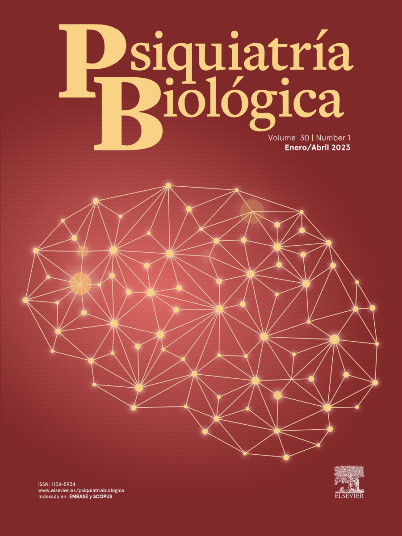La depresión bipolar es una enfermedad psiqui trica frecuente pero compleja. A pesar de la alta prevalencia y de la relevancia, tanto clínica como económica de la depresión bipolar, pocos tratamientos han demostrado tener una alta y consistente eficacia. Las recomendaciones derivadas de las guías recientes muestran controversias en cuanto al papel de los antidepresivos en el trastorno bipolar, sobre todo en términos de seguridad. La eficacia antidepresiva de los estabilizadores del estado de nimo parece ser en general débil. Adem s, la evidencia de formas de depresión bipolar con un alto componente de excitación y agitación ha llevado a la necesidad de replantear la estrategia cl sica de tratamiento de la depresión bipolar.
En este contexto, la investigación m s reciente se ha focalizado sobre alternativas farmacológicas "no antidepresivas" y, en particular, sobre el uso de antipsicóticos atípicos. Hasta la fecha, quetiapina, la combinación olanzapina-fluoxetina y lurasidona representan los £nicos f rmacos que tienen la aprobación reglamentaria para la depresión bipolar en diversos países.
En este capítulo se revisar la literatura científica disponible hasta la fecha sobre el papel de los antipsicóticos atípicos en la depresión bipolar.
Bipolar depression is a frequent but complex psychiatric illness. Despite the high prevalence and relevance of bipolar depression, both clinical and economic, few treatments have shown a high and consistent efficacy. Recommendations from recent guidelines show controversies regarding the role of antidepressants in bipolar disorder, especially in terms of safety. The antidepressant efficacy of mood stabilizers appears to be generally weak. Furthermore, the evidence of specific types of bipolar depression with a high component of excitement and agitation has led to the need to reconsider the classic strategy of treating bipolar depression.
In this context, recent research has focused on “no antidepressant” pharmacological alternatives and in particular on the use of atypical antipsychotics. To date, quetiapine, olanzapine-fluoxetine combination and lurasidone represent the only drugs with regulatory approval for bipolar depression in various countries.
In this chapter the current available evidence on the role of atypical antipsychotics in bipolar depression will be reviewed.






